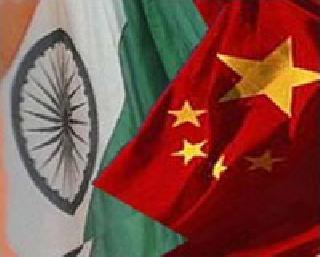
BEIJING (PTI): Ending their hiatus in defence cooperation, India and China on Monday agreed to resume their joint military exercises and expand their exchanges to include Armies, Navies and Air Forces of the two countries.
This was decided at the fifth Annual Defence Dialogue (ADD) held here on Monday when an Indian tri services delegation headed by Defence Secretary Shashi Kant Sharma held talks with Chinese delegation headed by Deputy Chairman of the People's Liberation Army (PLA) Lt Gen Qi Jianguo.
Significant aspect of the two-day talks was that the decision by the forces to resume joint military exchanges which were stalled in 2009 after two rounds of anti-terrorism drills due to differences over visa issues.
The two sides agreed upon a plan of bilateral military exchanges for 2013, including their next joint military exercise, a press release issued by the Indian Embassy here after the talks said.
Both militaries discussed bilateral, regional and international issues of common interest including their assessments of the security situation in the Asia-Pacific region and in the India-China border areas, it said.
Also, the two sides agreed to expand bilateral exchanges covering the Armies, Navies and Air Forces of the two countries. It would facilitate separate talks between the three wings.
"They agreed to advance mutual strategic trust and enhance mutually beneficial practical cooperation," the release said.
Both sides reviewed ongoing measures to ensure peace and tranquility on the Line of Actual Control (LAC) "since this is a strategic understanding between the two governments", it said, adding that talks were in a friendly and cooperative atmosphere and a forward-looking manner.
This is the first ADD meeting being held after the once-in-a-decade leadership change in China. Xi Jinping, who was elected as the General Secretary of the ruling Communist Party of China (CPC) has taken over as the new military Chief and the Chinese military command has also undergone a number of changes.
In the talks, China on its part evinced keen interest to deepen defence ties with India.
Addressing the meeting Xu Qiliang, vice chairman of China's Central Military Commission, called for enhancement of mutual trust between the two countries and said that consultations between the two sides should focus on commonalities which are more than the differences.
He further said that good relations between India and China are important for both countries as well as for world peace and security.
China and India, being the biggest developing countries in the world, are important neighbours for each other, he said.
"China attaches great importance in developing military ties with India and hopes to increase mutual strategic trust, enhance friendly communication and deepen pragmatic cooperation in order to promote the strategic partnership for peace and prosperity and make a positive contribution to world and regional peace and stability," state-run Xinhua news agency quoted him as saying.
He noted that the two countries have extensive common interests and developing friendly and mutually beneficial cooperation is in line with the common aspiration of the two peoples as well as global development.
He said that he believes that the two countries have enough wisdom and ability to handle their relationship and are able to pave a healthy and stable development path for it.
Sharma said India attaches great importance to developing its relationship with China and he is confident in the future progress of military relations between the two countries, the Xinhua report said.
Anti-terrorism exercises aimed on improving the relations between the two militaries were held at Kunming (China) in 2007 and Belgaum in 2008 and later stopped after China began issuing stapled visas, (on a separate paper) to residents of Jammu and Kashmir since 2009.
Under this policy China declined visa to Lt-General B S Jaswal on the ground that he was commanding forces in the "disputed and sensitive" region of Jammu and Kashmir, which lead to India halting its military ties with China.
Beijing subsequently rolled back the policy paving the way for resumption of ties.
Defence Minister A K Antony is also expected to visit China later this year after the newly elected Communist Party of China (CPC) General Secretary is due to take over the administration after March after the retirement of President Hu Jintao.
While the talks to resolve the border dispute was being conducted by Special Representatives, National Security Advisor Shivshankar Menon and Chinese top diplomat Dai Bingguo, the two countries established consultation and coordination mechanism to deal with borders incidents arising out of the patrolling of the disputed areas.
India and China over the years have developed a multi-layered dialogue mechanism to improve relations on all fronts.
While the Defence dialogue between the leaderships of the forces emerged as a key forum for direct dialogue between them, a host of issues are being addressed by the special Representatives.
Menon and Dai met in New Delhi last week on the sidelines of the BRICS Security officials meet and discussed bilateral issues.
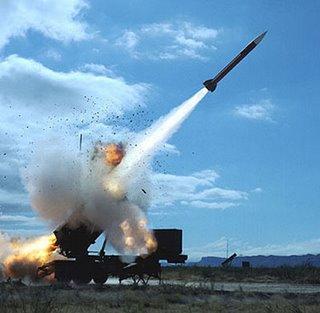 Previous Article
Previous Article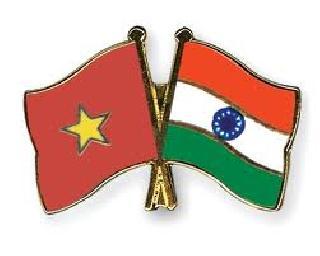 Next Article
Next Article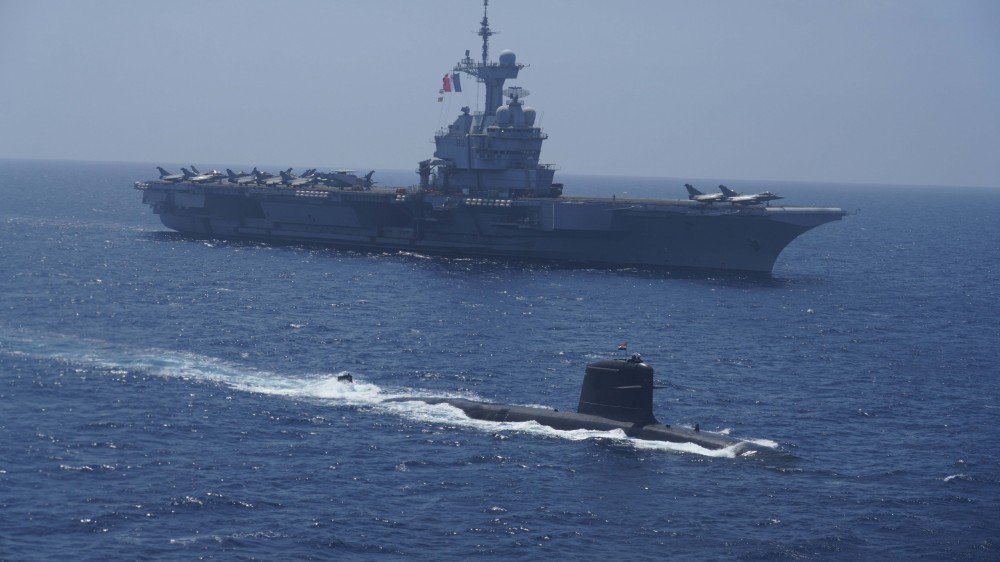
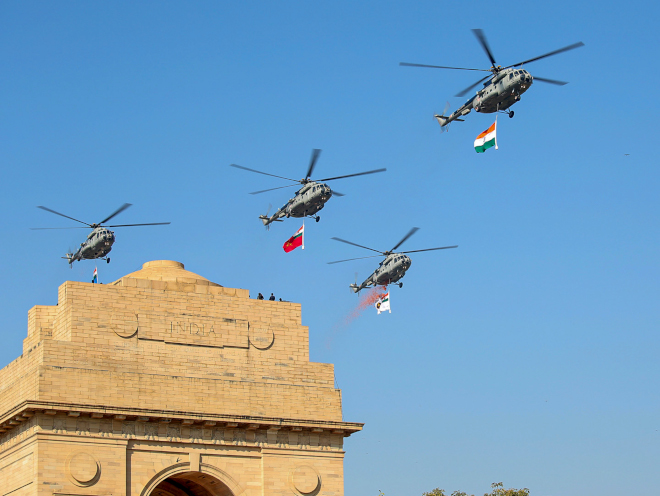
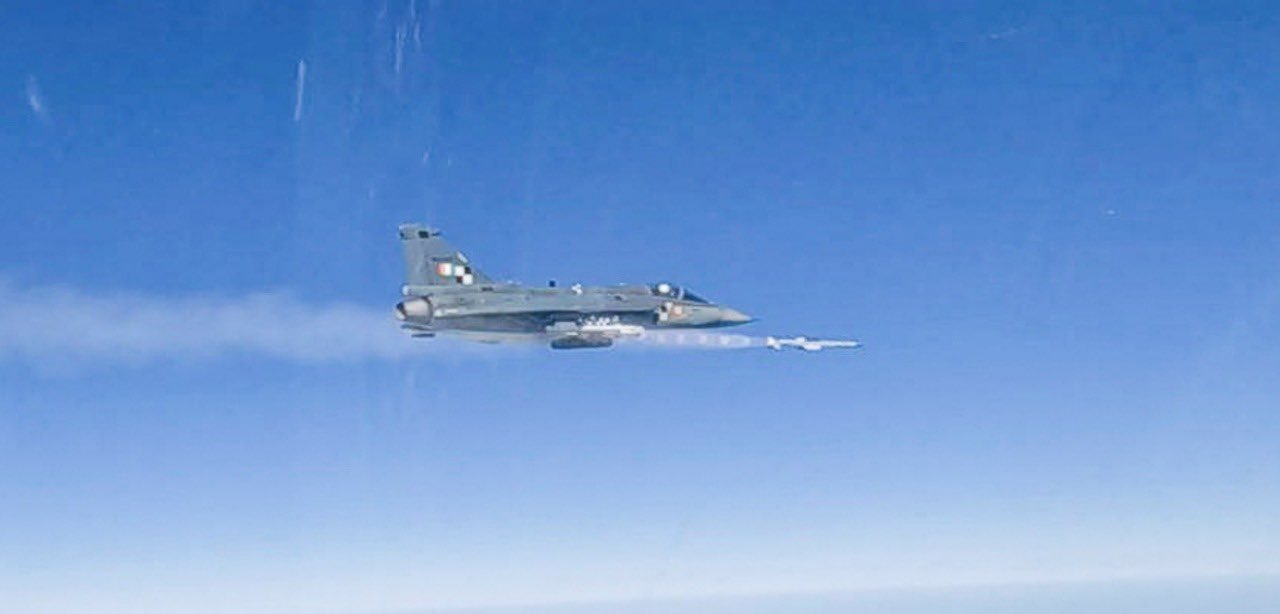
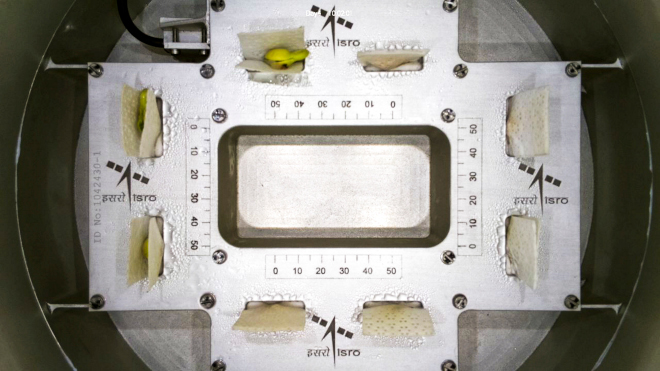


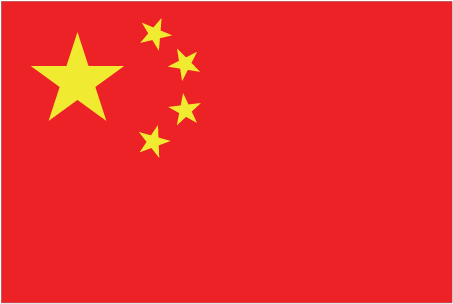





The Indian Air Force, in its flight trials evaluation report submitted before the Defence Ministry l..
view articleAn insight into the Medium Multi-Role Combat Aircraft competition...
view articleSky enthusiasts can now spot the International Space Station (ISS) commanded by Indian-American astr..
view article